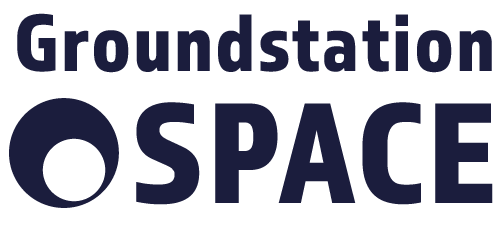Space for Water Resources

“Water is a vital natural resource without which life would cease to exist. Water conservation and resources management represent some of the most critical environmental issues currently facing humankind. Space technology and applications play a key role in understanding global water cycles, mapping water courses, and monitoring and mitigating the effects of floods and droughts”.
UNOOSA, Space4Water, 2018
World Water Day, celebrated each year on March 22nd, since 1993, celebrates water and raises awareness of the ongoing global water crisis. The theme for World Water Day 2021 was ‘Valuing Water’. Much more than just price, water has huge value for households, food, culture, health, education, and the environment (UN Water 2021).
Space for Water Resources
In the context of World Water Day and its theme ‘Valuing Water’, Eurisy and Groundstation.Space organise a webinar on Space for Water Resources, on 5 May 2021. In this webinar we will bring together some of the best specialists on the use of space data to monitor and manage water resources. The aim of the workshop is to showcase example projects from government, academia and industry and highlight opportunities for SMEs, companies, universities and government institutes to develop solutions in this field.
Open Campus Webinar 5 May 2021
We kindly invite anyone with an interest in water resources to register for this FREE event on Wednesday 5 May, from 16:00-17:00 CET here:
Why Water?
Water is one of our most precious natural resources. But in many regions of the world, water supplies are under increasing pressure, and resource decisions are becoming more and more complex.
- Water is crucial for life and for the achievement of the most recent global Sustainable Development Goals (SDGs).
- Drinking water is a scarce resource, and freshwater scarcity continues to grow and post a challenge to growing populations around the World, often leading to conflict and other economic impact.
- Space technologies and space-based solutions can benefit water management overall, can help monitor sustainable development goals and indicators directly or indirectly related to water, and can facilitate improved water use and water resource sharing internationally, and can assist in related disaster management and crisis response activities as well. The benefits of such technologies have been often proved in the past, and UNOOSA has organized numerous capacity building events and workshops to share best practices and success stories on these over the last decades.
- Effective water management can help us concretely achieve several SDGs (3, 6, 7, 11, 14, 15, 17).














